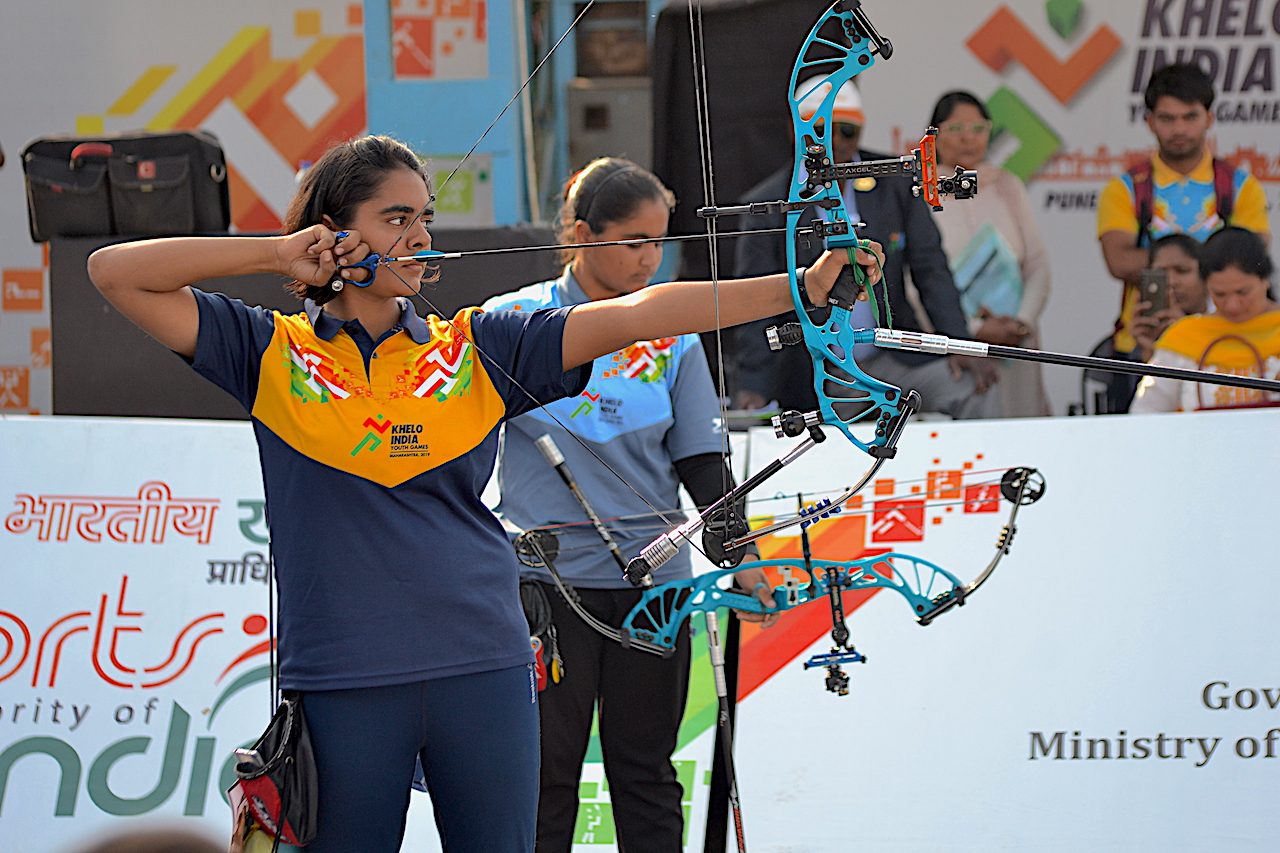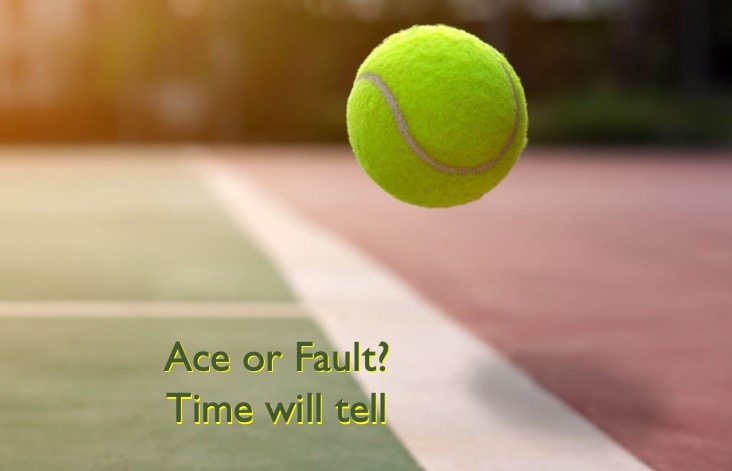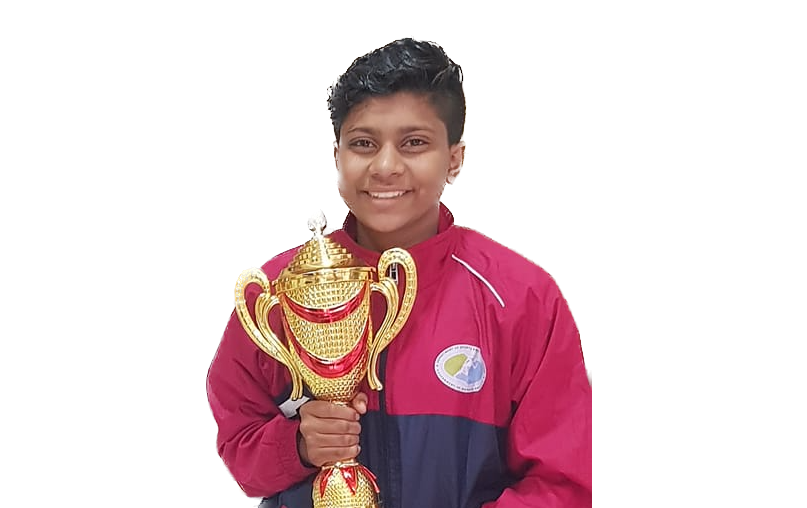Her beautiful hand-painted masks are a hit, and not just at the Dr. Karni Singh Shooting Ranges. The creative pursuit of Anjum Moudgil, one of India’s top rifle shooters, has caught the eye of many on social media. It is a pity, though, that her mask of the day hid her smile but could do little to stop the tears welling up in her eyes from being seen late on Wednesday afternoon.
It was a fleeting moment during her conversation with circleofsport.com. We shall deal with that moment soon but after dwelling a bit on how she handled pressure and delivered what she reckons was one of her best performances under stress. She finished second in in the 10m Air Rifle qualification and fifth in the final in the ISSF World Cup 2021 New Delhi.
Let us picture the landscape a bit.
In the precision sport, athletes win Olympic quotas for their Nations rather than for themselves. With three of its shooters figuring among the top 11, India faces the ticklish problem of having to pick two of them for the event. Interestingly, while Elavenil Valarivan has risen to World No. 1, Anjum Moudgil and Apurvi Chandela had already secured India its two quotas in the event.
Quite naturally, there has been some chatter about selection matters. “No, it didn’t get to me,” she said. “But from the day I won the quota (when securing a World Championships silver medal in Changwon, South Korea in September 2018), it started. I think a lot of people were shocked that I won the quota in Air Rifle.”
The 27-year-old student of psychology from Chandigarh did not have great memories from the World Cup final in Putian, China, in November 2019. She shot 624.9 to finish 13th and well outside the eight qualifiers for the final. “I realised I had some technical issues. I am glad I got a lot of time in 2020 to work on my weaknesses,” she said.
Yet, despite identifying and rectifying the technical shortcomings, she was unable to find the scores that she would have liked in the four Selection Trials that NRAI conducted in January and February this year. She was nowhere near making it to any of the four finals with scores of 623.1, 624.2, 625.7 and 624.6 respectively. “But I knew the changes I had made were working for me.”
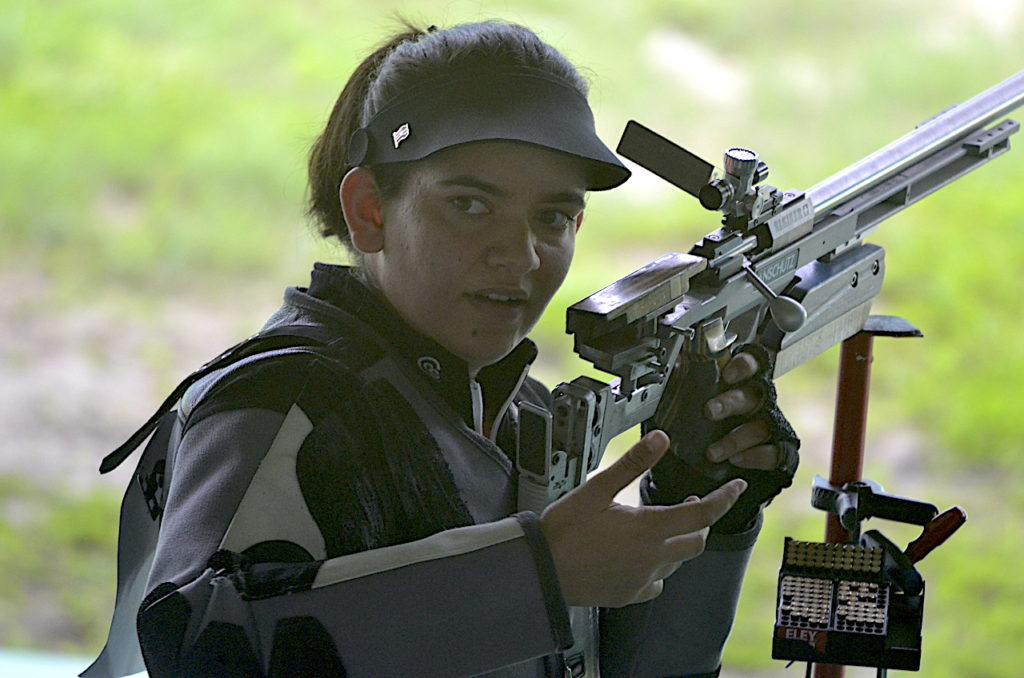
Having gradually regained the feel she was seeking while shooting, Anjum Moudgil came into the World Cup in Delhi aware that she had shoot at her peak levels. She responded with a 629.6 – her best score in a World Cup match to quell any whispers about her retaining her place in the Indian squad for the Olympic Games in Tokyo later this year.
“There was a little bit of pressure, but that was not because of any conversations around quota and selection. More than that I wanted to perform the best I could because of the issues I had. I did not want any regrets. I wanted to focus on the technique,” she said. Asked how she blanked her mind to the chatter, she candidly said that mind is not quite possible.
Yet, she says her mind is calm when she is shooting because of the focus on the task on hand. “I knew the mistakes I could possibly commit, I knew my strengths and I knew how to shoot a good shot. During the match, I just focused on that,” she said. “It went well, and I was really happy I shot a 629 in a match after a very long time. I liked the way I shot and everything I did in between.
“I really enjoyed it and I happy that I had qualified for the World Cup final in the second place. Playing a World Cup final after more than a year – well, I don’t know how many years – it was a good feeling. I wish the sighters had gone well in the final and there were two shots, 9.9 and 9.7 that dragged me down to fifth place, but I was happy with how I shot,” she said.
So, was that match the greatest example of her holding together under stress? “You can say that it is one of them with the World Championship final. I was not thinking about an Olympic quota then. I was shooting poorly in my pre-event training in Changwon. I was changing every single thing every day before the match. Yet, in the match, I was in a zone,” Anjum Moudgil recalled.
In the 50m 3-positions match on Wednesday, she was well placed to secure a berth in the final but wavered on her final two shots, drifting far to the left of bull’s eye. “When I saw that the last spot in the final went for 66 (1166), I felt bad again that I dropped five points off the last two shots and missed the bus,” she said, having finished with a total of 1162.
“I don’t know how long it will take for me to recover from the two disappointing shots (her last two shots were worth 7 and 8). I don’t know when I last shot a 7 in a match – and I had two of those,” she said, training her light eyes on the ceiling, her voice choking. Inevitably, the silence that followed was eloquent. “The 10s that I shot later would not help me recover what I had lost.”
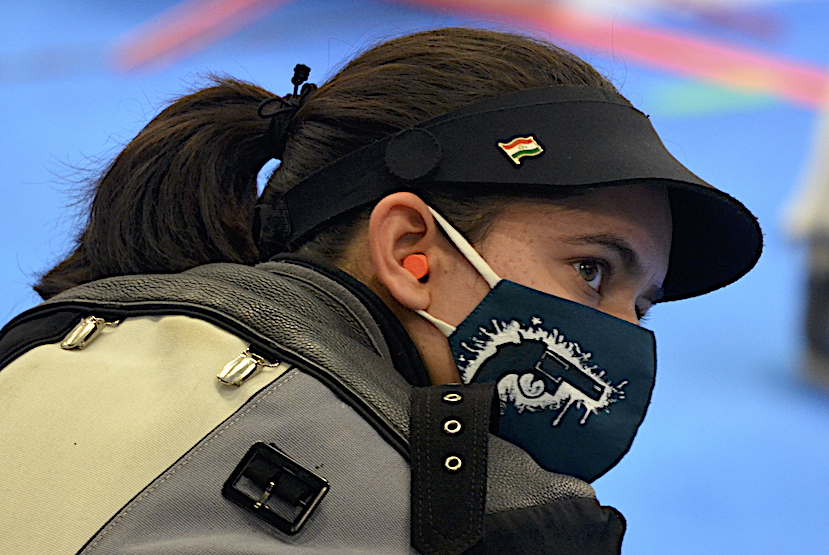
The surge of emotions that Anjum Moudgil felt when recalling a few dismal shots in Wednesday’s 3-positions match is a reflection of the fact that the 10m Air Rifle World No. 3 is human and not a machine, programmed to hit the target relentlessly, without thinking and without scope for failure.
Truth to tell, just as she shot four 10s in-a-row after the first of her two 7s at the fag end of her Standing series, Anjum Moudgil picked herself up pretty quickly. Of course, she would ponder on the 7s and 8s that denied her the pleasure of making a second final in the World Cup. But she also has wonderful takeaways from the event, not the least rediscovering the hunger for competition.
“I am happy the World Cup came at the right time. It ignited the fire again in me,” she said, admitting that she had sensed she was losing that edge without any competition for a year and more. “The feeling of being on top of one’s game, be in the final of a competition and wanting to win. I really liked the journey back.”
And, for sure, you could sense that broad smile beneath her hand-painted mask.

